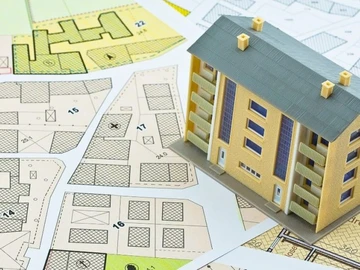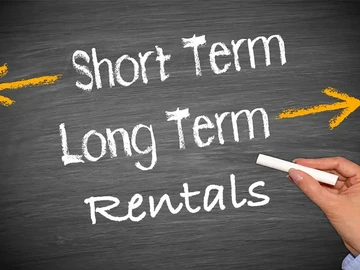Property transactions can be complex, and many buyers and sellers are unaware of the numerous steps involved. While most aim to conclude transactions quickly, delays are common and often beyond the control of buyers, sellers, agents, and lawyers. Here’s a breakdown of common delays and how to handle them.
Common Causes of Delays in Property Transfers
1. Purchase Price Payment Delays
What Happens:
- Buyers often promise quick payment to secure a deal but face challenges in fulfilling this promise.
- Many buyers rely on proceeds from selling other properties, and delays in those transactions affect dependent transactions.
How to Handle:
- Sellers should request proof of funds before committing to a transaction.
- Buyers should ensure they have secured funds before signing agreements.
2. Transfer Document Delays
What Happens:
- Conveyancers prepare transfer documents after the agreement is signed and payment is made.
Delays occur when: - Buyers or sellers are unavailable to sign documents.
- A legally empowered representative (via Special Power of Attorney) is not appointed on time.
How to Handle:
- Plan signing processes in advance.
- Ensure legal representatives are appointed early if needed.
3. Clearance Certificate Delays
What Happens:
- Rates Clearance Certificates: Obtaining these can be challenging, especially post-COVID-19.
- Capital Gains Tax Clearance: ZIMRA conducts interviews with both parties, and errors in tax submissions can delay the process.
- Registration at the Deeds Office can only occur after taxes, arrear rates, and advance payments are cleared.
How to Handle:
- Ensure all tax and rates payments are up to date.
- Work closely with your conveyancer to avoid errors in submitted tax information.
4. Deeds Office Administrative Delays
What Happens:
- After clearance certificates are secured, the Deeds Office may experience administrative delays in registering the transfer.
How to Handle:
- Stay in regular contact with your conveyancer for updates.
- Factor in potential delays when planning timelines for property transfer.
5. Transfer Cost Delays
What Happens:
- Buyers may not realize they must pay transfer costs when requested by the conveyancer.
- Delays in payment can significantly slow down the process.
How to Handle:
- Buyers should seek professional advice to understand all costs involved.
- Ensure funds for transfer costs are readily available.
Why Delays Occur and How to Minimize Them
Multiple Parties Involved
- The process involves buyers, sellers, conveyancers, local authorities, ZIMRA, and the Deeds Office. Any delays from one party can impact the entire process.
How to Avoid Serious Delays:
- Work with experienced professionals, such as conveyancers, estate agents, and legal advisors.
- Plan each step of the process thoroughly to anticipate potential roadblocks.
Conclusion
Delays in property transactions are common, but they can be managed with proper planning, clear communication, and professional guidance. Buyers and sellers should:
- Be aware of the steps and costs involved.
- Secure funds in advance.
- Work closely with their conveyancer to navigate potential challenges.
By being proactive and informed, buyers and sellers can reduce the risk of delays and ensure a smoother property transfer process.
 Continue with Facebook
Continue with Facebook
 Continue with Email
Continue with Email














